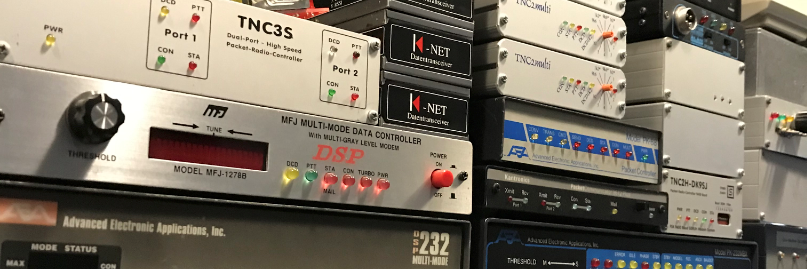Fbb start file
#! /bin/bash
### BEGIN INIT INFO
# Provides: F6FBB Start-up
# Required-Start: $remote_fs $syslog $network
# Required-Stop: $remote_fs $syslog $network
# Default-Start: 2 3 4 5
# Default-Stop: 0 1 6
# Short-Description: FBB start up
# Description: This script provides the start/stop control
# for the FBB BBS Packet Radio BBS.
### END INIT INFO
export PATH=/bin:/usr/bin:/sbin:/usr/sbin:/usr/local/bin:/etc/ax25:/usr/local/etc/ax25:/usr/local/xnet
base=${0##*/}
link=${base#*[SK][0-9][0-9]}
test $link = $base && START_FBB=yes
test "$START_FBB" = yes || exit 0
test -x /usr/local/sbin/fbb || exit 0
return="Done"
case "$1" in
start)
echo "Starting FBB daemon "
if [ -f /usr/local/etc/ax25/fbb/fbb.conf ] ; then
/usr/local/sbin/fbb -s -a -l /etc/ax25/fbb.log || return=$rc_failed
else
echo "/usr/local/etc/ax25/fbb/fbb.conf file not found"
return="Failed"
fi
echo " $1 $return"
;;
stop)
echo "Shutting down FBB script"
killall -KILL fbb || return="Failed"
echo "Shutting down FBB daemon"
killall -KILL xfbbd || return="Failed"
sleep 4
echo " $1 $return"
;;
restart|reload)
$0 stop && $0 start
;;
status)
echo -n "Checking for FBB daemon: "
PID=`/bin/pidof -x xfbbd`
if [ -n "$PID" ]; then
echo "FBB is up"
else
echo "No FBB daemon"
fi
;;
*)
echo "Usage: $0 {start|stop|status|restart}"
exit 1
esac
exit 0
